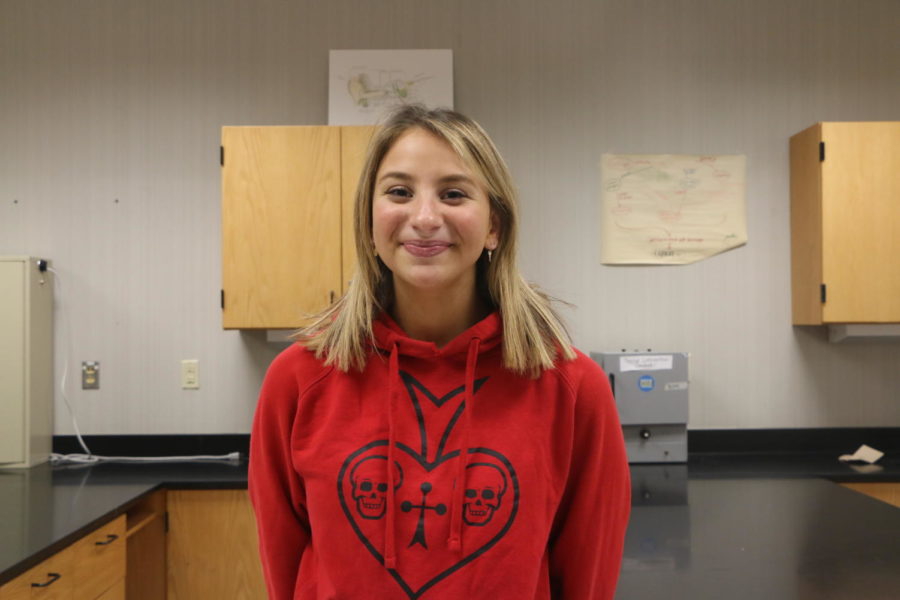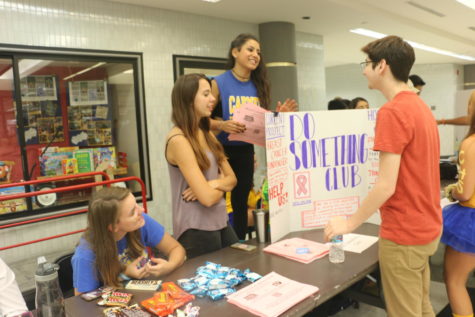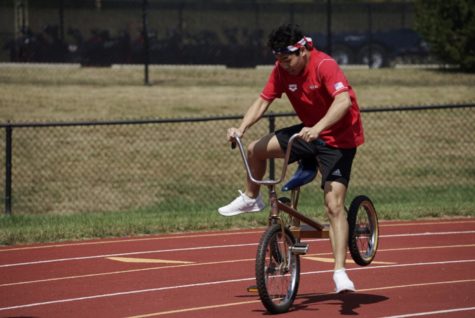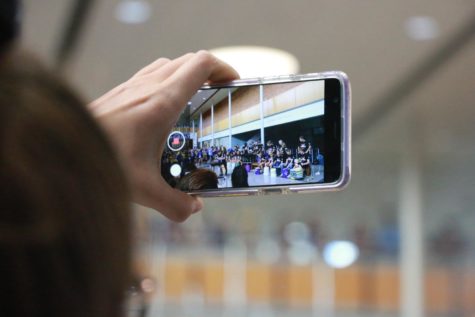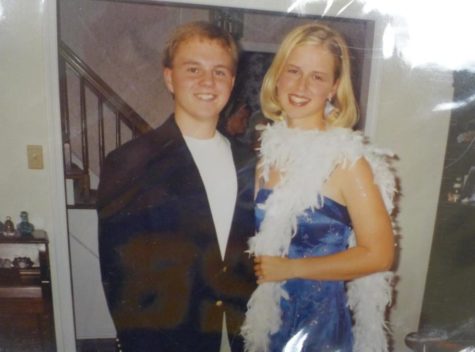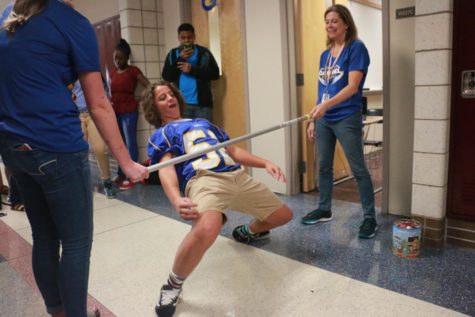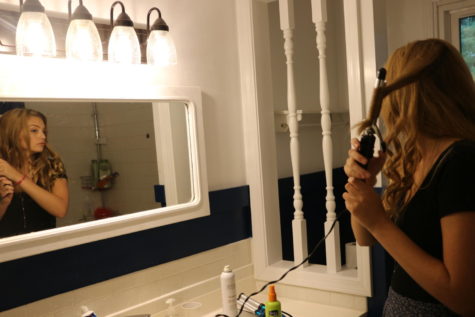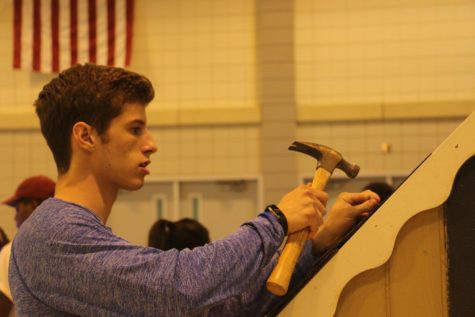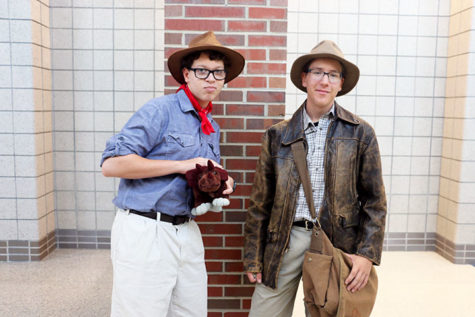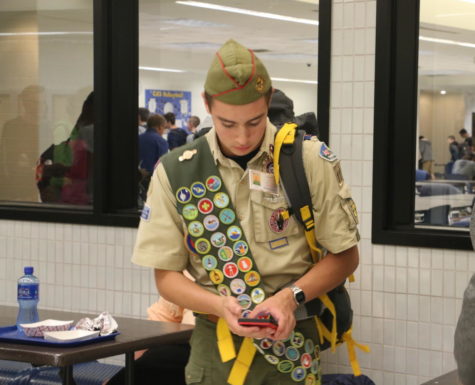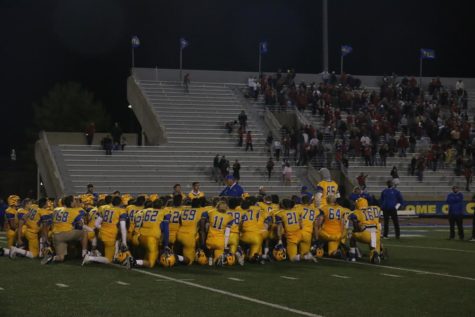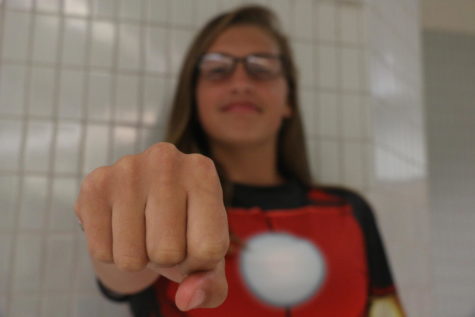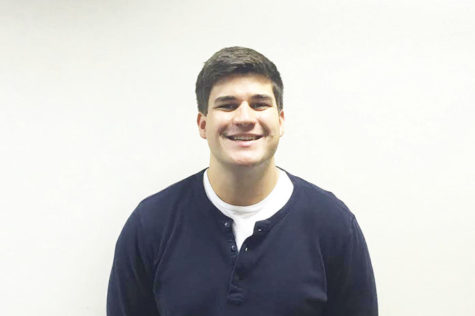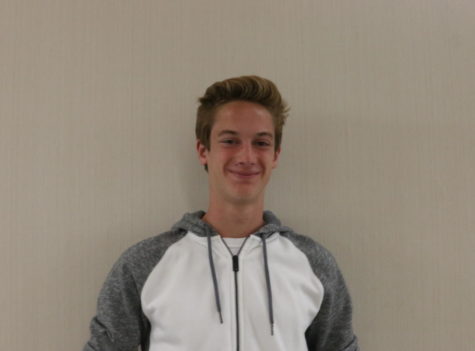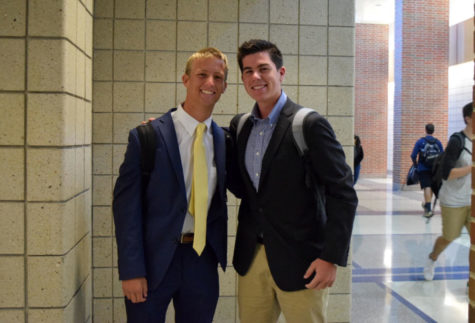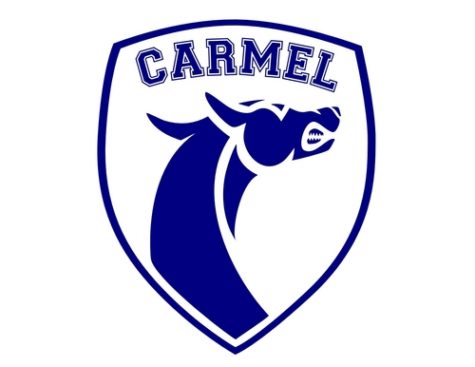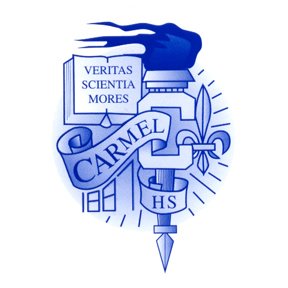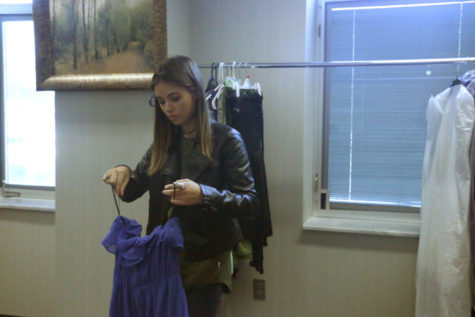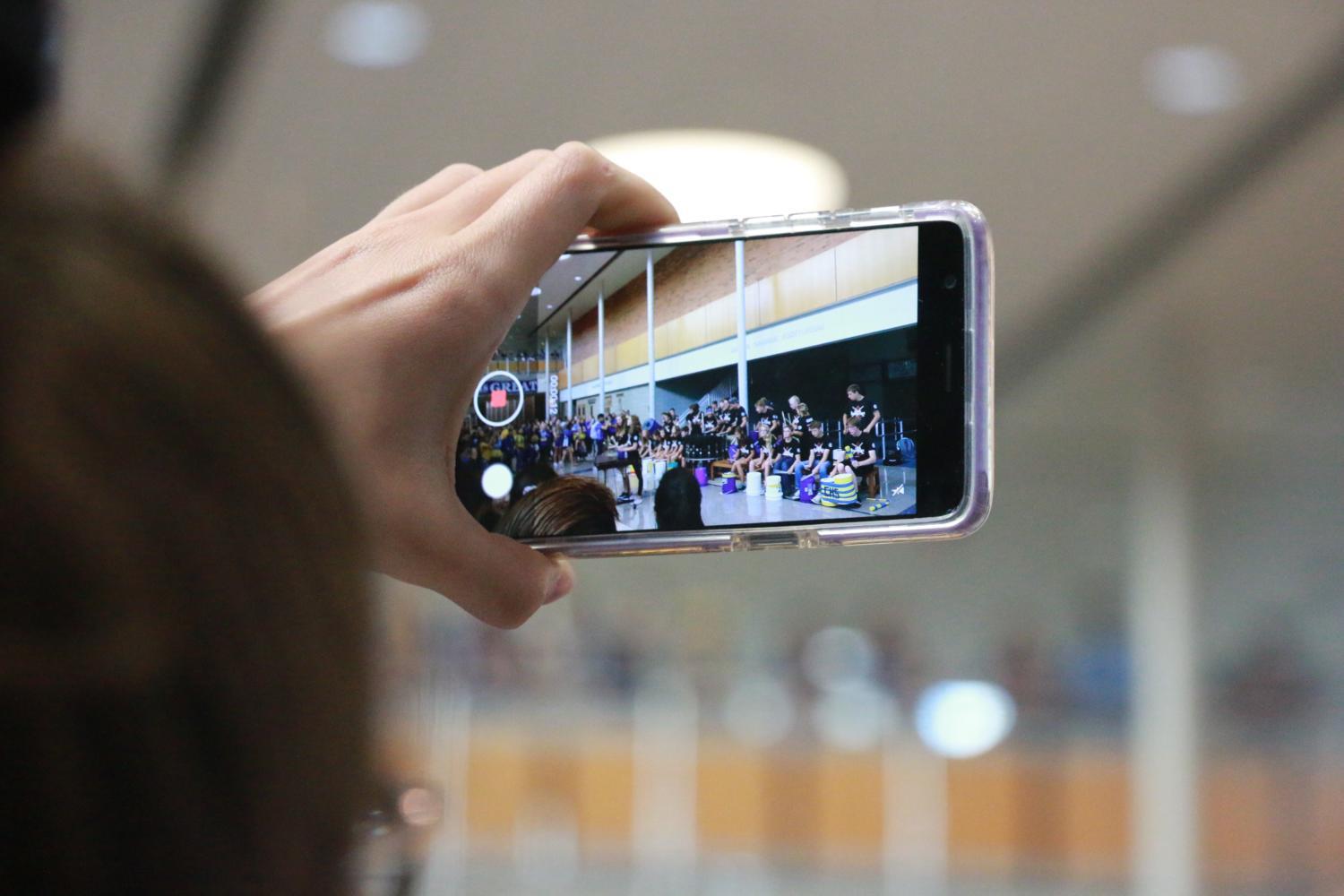Junior Sophia “Sophie” Sinder
Shruthi Ravichandran and Grace Xu
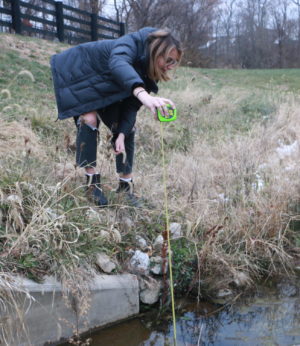
Can you describe your involvement in STEM?
This year I am taking three science classes. Last year I only took two, and then the year before, I took two as well. But basically, these are the classes that I’ve always enjoyed more than others. I really just found an interest early on and knew I really wanted to focus on STEM in particular. Furthermore, I am also participating in an internship called the Borlaug Ruan Internship that focuses on sustainability, especially working with agriculture. I’m not particularly interested in agriculture, but I am interested in biologically engineering plant species, in order to make them more sustainable and cultures that specifically need it, like in places in Africa where maybe, their wheat production is not sustainable for their practices. Looking into engineering those plant particles to allow for their whatever their necessities may be—that’s what I’m particularly interested in.
I’m also looking particularly forward to my internship this summer in Indonesia where I would be looking at flood levels and seeing how they can properly drain them, but also using that water for conservation and their more dry seasons. (I would be) looking at some architecture that would allow me to figure out the best way to engineer that and figuring out how science can be incorporated in that as well.
That’s the internship that I’m preparing for. We’re (also) going to be looking at a basin where you can actually gather water from rain and that would prevent flooding. (I would be) looking at incorporating that in a country like Indonesia that suffers from flooding and other disasters related to water, and seeing how we can actually use that water that is harming their ecosystems and their environments, and how we can conserve that for when they don’t have rainfall during their more dry seasons.
What drew you to STEM?
There was nothing more, I think, than just scoring higher on some of my tests and realizing I think I’m better at (STEM) than some of my other classes. I’m also someone who enjoys facts and I think I’m really able to attach to that in science more so than other stuff that may be a little bit more subjective and can be kind of judged based on biases. Science is just that one consistent thing that—no matter who you are and what you do, and especially being a woman—if you get it right, you get it right, and nobody can take that away from you.
How has STEM impacted your identity?
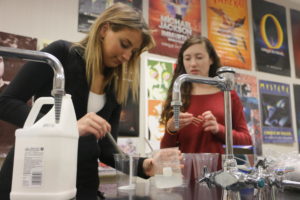
Everyone in my family knows me as the “science person.” I know for a fact I want to be a doctor when I’m older. The question is just, “What type of doctor?” I come from a family of lawyers, so to my family’s surprise, being interested in science was just something unheard of, but it’s something that they’re really hopeful (about) for me. They know I can be successful in whatever I do.
As a female in STEM, what are your thoughts on the underrepresentation of women in STEM fields?
When I went to my competition that would lead me to my internship, there was just not a lot of females there. It was a male-dominant competition. I looked around, and I (was) wondering, “Who would I talk to? Who I could relate to?” That’s always just kind of been (the trend with) anything science-related that I’ve done; I’ve always noticed that females tend to not be as strong. I don’t really know what (STEM field) that may be, but whatever I do to further my career, I’m hoping to inspire the next generation of females to be involved in science and whatever they’re actually passionate in. I think that’s the most important thing that you can do.
As a female in STEM, what are your thoughts on the underrepresentation of women in STEM fields?
When I went to my competition that would lead me to my internship, there was just not a lot of females there. It was a male-dominant competition. I looked around, and I (was) wondering, “Who would I talk to? Who I could relate to?” That’s always just kind of been (the trend with) anything science-related that I’ve done; I’ve always noticed that females tend to not be as strong. I don’t really know what (STEM field) that may be, but whatever I do to further my career, I’m hoping to inspire the next generation of females to be involved in science and whatever they’re actually passionate in. I think that’s the most important thing that you can do.
What have been some of your personal experiences as a woman in STEM?
Whenever I show up to whatever STEM event it may be, I feel like I’m always kind of given a judged look based on my appearance or based on who I am. When they hear more about who I am and what I like to do, they’re so shocked. That’s always the initial reaction. Everyone’s like, ‘Oh, I thought you would say something so stupid.’ That’s always just kind of been the running theme with me. And I wish that would change because your appearance shouldn’t dictate who you are and what your thoughts are, but it does and it’s definitely taken into account.
I feel like if people didn’t (judge based on appearances), I don’t know where I would be—maybe much more successful because people just wouldn’t care what you look like, and how smart you are would be the only factor in how they perceive you.
Do you have any advice for girls who want to go into STEM or enjoy STEM?
My only advice is to get yourself out there and eliminate whatever fears you may have about the community. I think that I’m always fearful of—when going into whatever competition it may be—that someone’s going to judge me because I’m a woman or I like to dress the way I do. Just eliminate those fears and focus on what you like to do.
For women in STEM—I think it’s amazing and I hope that we can further inspire other women to get involved in not only STEM, but whatever they may like to do, whether that’s politics, humanities, or literature. I think just inspiring women (is important) because that’s something so critical for our society. I think that we’d be so much more successful in our achievements if we made that difference to women.
Regardless if it’s STEM (or not), just keep doing what you love and making a passion for it. Make sure you do what you love, and that’s the only thing I can I suggest.
Related Posts:
- Tactile learning with LEGO can combat post-COVID dip in student engagement Junior Cal Carmichael's love for LEGOs began as a child. “My parents bought me and my brother a few LEGO sets for Christmas each year when I was really little, and I enjoyed playing with them. When the Covid lockdowns…
- Eastern Indiana Beekeepers to meet on Feb. 18, emphasizes importance of bee conservation Members of Eastern Indiana Beekeepers will host a hands-on interactive meeting about double queen hives on Feb. 18 in the Hayes Arboretum Nature Center, a preserved 330-acre forest in Richmond that provides nature and recreation related education to visitors. The…
- Students, teacher discuss impacts of gardening on students in light of National Gardening Month Aleeza Price, Gardening Together co-president and senior, has gardened nearly her entire life. Price said her passion for gardening began with a family tradition: every time they moved, her parents let her pick a new little plant to nurture. She…
HiLite • Copyright 2025 • FLEX WordPress Theme by SNO • Log in
Thank you for your donation!
